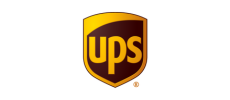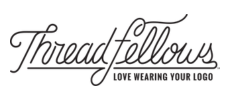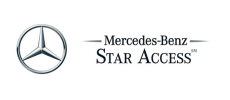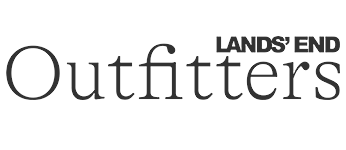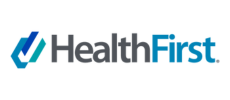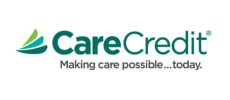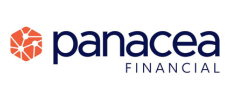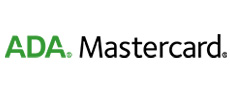Welcome to the Utah Dental Association!
Welcome to the UDA Website. We hope you will enjoy the features we can offer through the American Dental Association's web hosting services. Visit often to access the many resources and links to updated information. Thank you for visiting and for your continued membership in the ADA/UDA.TO RECEIVE YOUR CE CERTIFICATES FOR CONVENTION 2026, click on "2026 UDA CONVENTION" link. You will then click on the "2026 UDA CONVENTION SURVEY" link and complete survey for each course you attended. Once the survey is submitted, your certificate will be available to print.
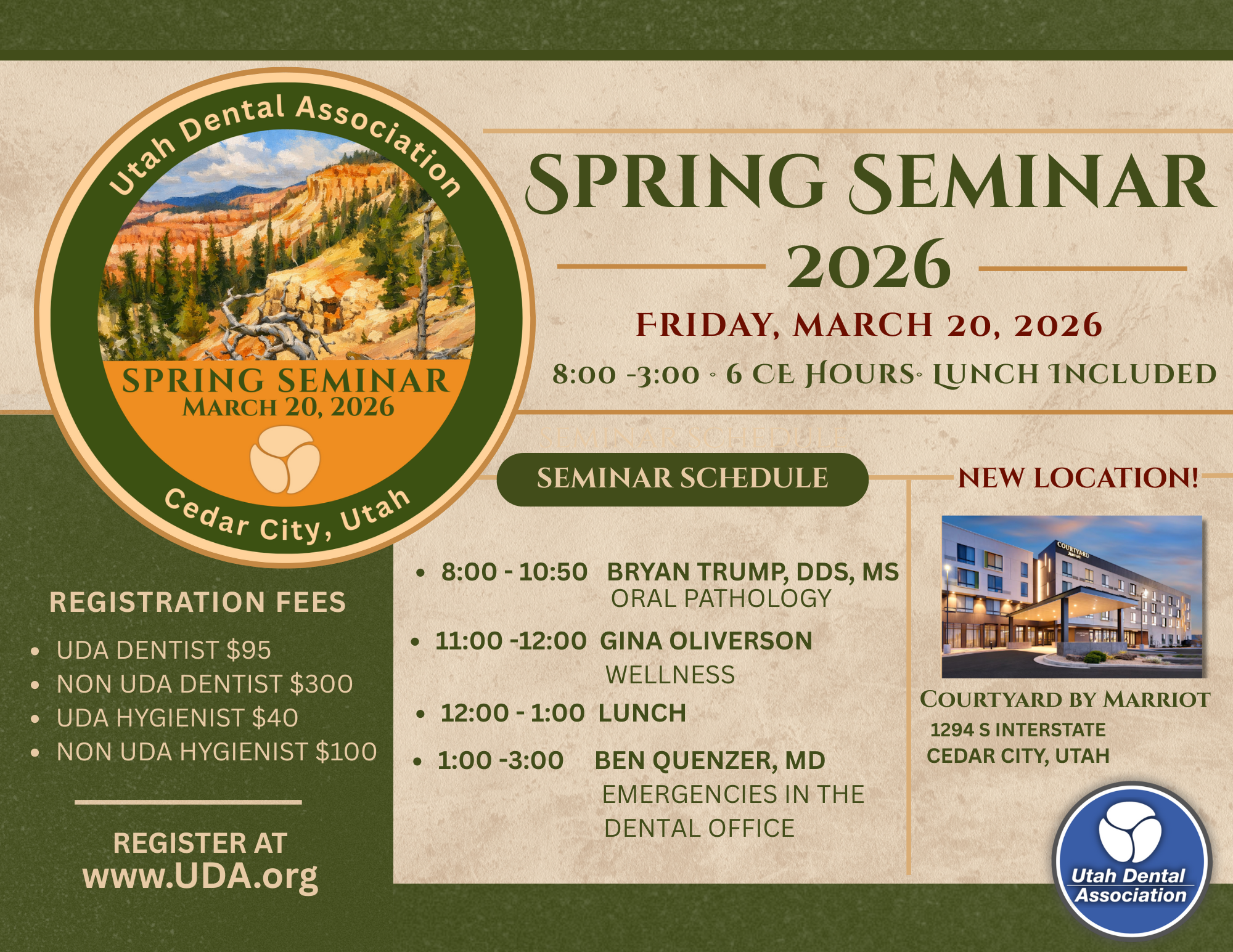
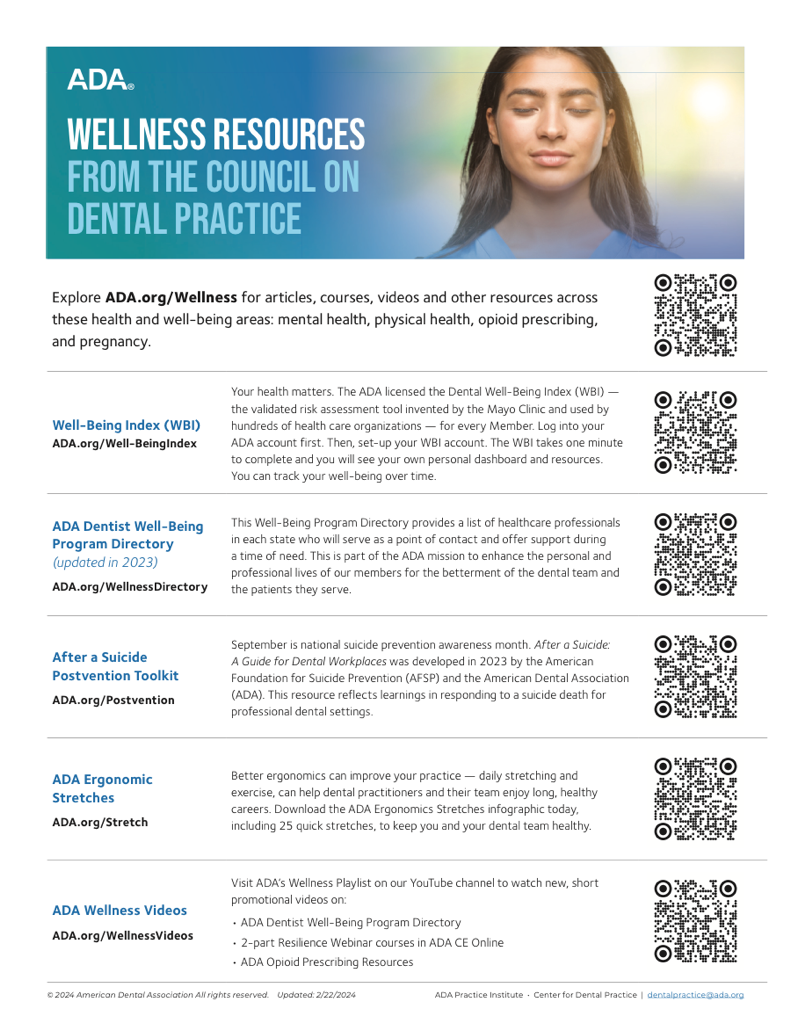
ADA Statement on Dentistry as Essential Health Care
Statement on Dentistry as Essential Health Care
For more information about oral health, visit the ADA’s website for consumers, MouthHealthy.org.
Continuing Education and License Renewal info
To understand the Sedation level parameters when determining the level of licensure classification to be used in your practice – Go to: ADA Guidelines for Sedation and Anesthesia
See Your UDA Dentist
See Your UDA Dentist
Follow UDA on Social Media
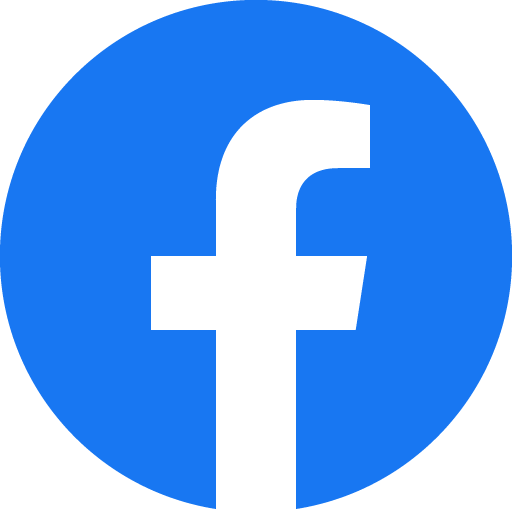
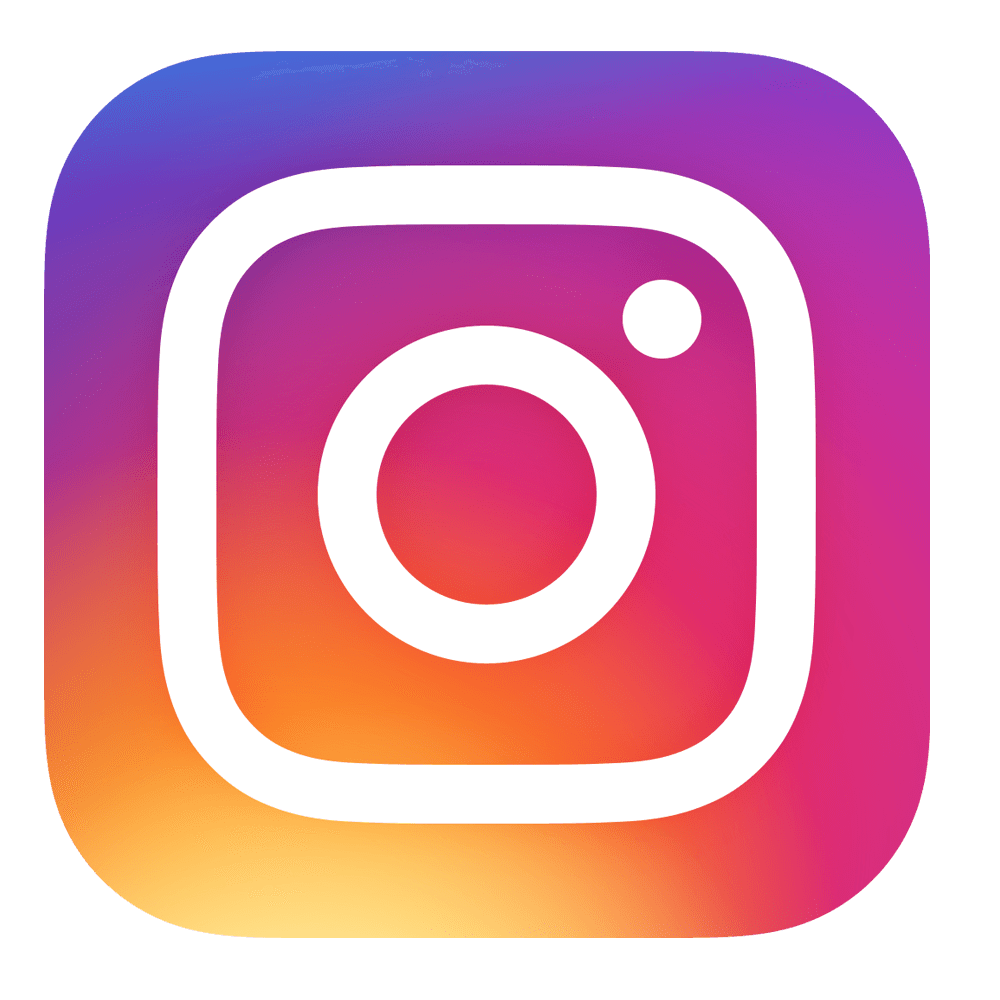
Check out the new Online CE Course Library. Be sure to check back often as new courses will be added.
NEW CE COURSE LIBRARY!
Donate to UDPAC
DOPL Approved CE Courses:
DOPL Approved Courses for Mandatory CE Requirements on Opioid Abuse for Dental License Renewal

Website: https://dopl.utah.gov/dental/index.html
Contact Information:
For general licensing questions call:
(801) 530-6628
(866) 275-3675 Toll-Free in Utah
Bureau Manager
Lisa Martin – lmartin@utah.gov
Board Secretary
Brylee Miller - bryleemiller@utah.gov


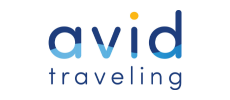
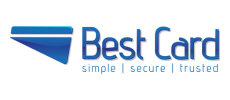
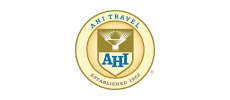
.png?sfvrsn=4447de7f_1)
